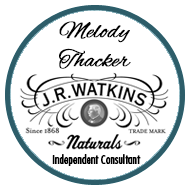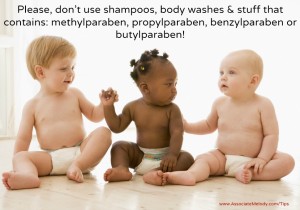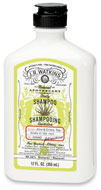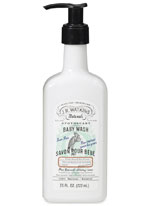Why You Should Use Paraben-Free Shampoos
Do you ever wonder what’s in your shampoo and other body care products? If you’ve ever looked at the ingredient list you’ve probably found it isn’t a lot of help, unless you are a chemist! Most shampoos contain a chemical called parabens. What are parabens? Parabens are a sort of preservative used in cosmetics in general and shampoo in particular that is used to inhibit microbial growth. Did you know they are even used in some foods and medicines? Interestingly, they are not a new substance and have been used as preservatives as far back as the 1920s.
Now you are probably wondering,”Why are some people concerned about the safety of parabens?” Here’s a few of the common concerns with parabens so you can decide for yourself.
Breast Health – A 2004 study showed traces of five parabens in cancerous breast tumors. Although the study did not prove the parabens caused the cancer, parabens do have estrogen-like activity in the body, and excess estrogenic activity is highly implicated in breast cancer.
The concern regarding this study is that it clearly shows that parabens are capable of remaining intact in human tissue, and are not necessarily excreted from the body quickly and easily, as was once thought. The 2004 study is inconclusive, but that is the point – the study does not prove that parabens are safe, either. It raises important questions about the safety of parabens.
The Water Supply – When you use shampoo or body wash that contains parabens, those parabens go down the drain and into the public water supply each time you wash your hair. If you have a septic system, the parabens will be excreted into the leach field, and thus into the general environment. Ground water, creeks, streams, springs, and other water supplies are therefore contaminated with each rain.
Municipal water systems are required to sanitize water by killing bacteria and other microorganisms before it is considered drinkable tap water. Parabens, however, are not microorganisms. Like other chemicals dumped into the water supply, parabens can easily go “full circle” in the water supply, going from shower drain to rivers and back to the water treatment facility. Parabens on the skin are one thing, but the effects of actually drinking them is something else to consider.
Baby Care Products – There is no limit on the amount of parabens that manufacturers can use in shampoos and baby care products such as baby wash; the amount is not regulated. Babies, with their smaller bodies and less-developed systems, are more at risk than adults for all toxins and chemicals.
So how do you know if your shampoo and other body care items contains parabens? You can find out by reading ingredients listed on the bottles; they are known variously as “methylparaben, propylparaben, benzylparaben and butylparaben,” all end in “paraben,” making them fairly easy to recognize.
Should you be concerned? There is no doubt, parabens are a controversial substance and the studies are not definitive regarding the safety of these chemicals. The US FDA believes that at the present time there is no reason for consumers to be concerned about parabens in cosmetics. However, the Environmental Working Group’s Skin Deep database, which compares cosmetic ingredients to over 50 international toxicity databases, indicates that parabens are linked to health concerns, in other words they have not been proven 100% safe. Due to this doubt, do you feel it is better to be safe than sorry and avoid parabens? If you do, then you’ll want to look for companies who make beauty and body care products with natural ingredients.
Now I could do a shameless pitch for the natural products I sell, but I won’t. You can take a peek here if you are curious. If this article was helpful to you, in creating awareness about what’s in the products you use or in some other way, then my mission has been accomplished. We’d love to hear your thoughts in the comments!









No Comments Yet.